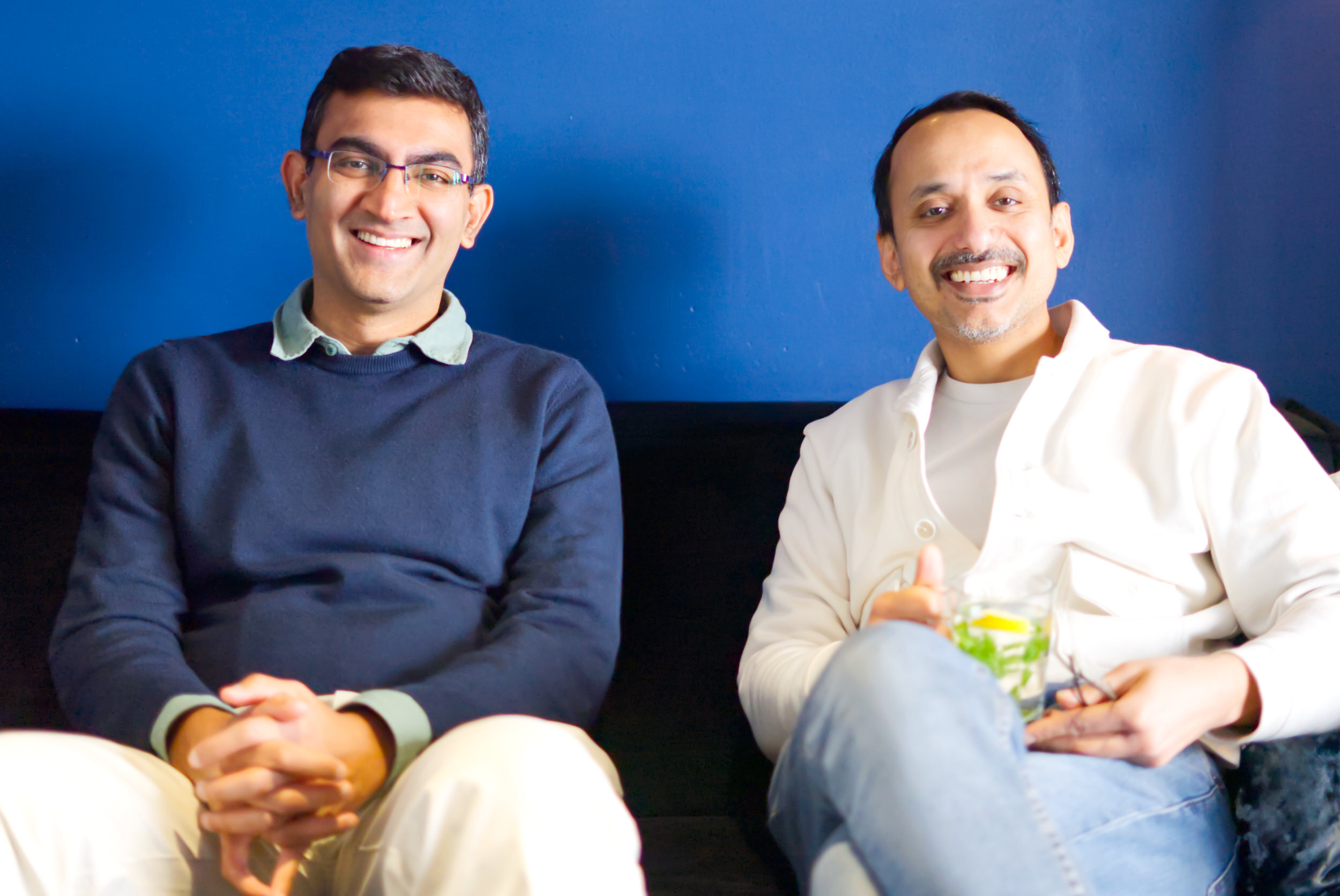TERN
November 25, 2024
•
5 mins
The Future of Healthcare Careers: Why Nurses Are in High Demand Globally

The global healthcare landscape is rapidly evolving. The one trend that stands out is the increasing global demand for nurses. Healthcare systems globally are grappling with ageing populations, technological advancement, and shifting disease patterns. This makes the role of nurses more crucial than ever. In this article, we explore the future of healthcare careers, particularly focusing on why nurses are in high demand globally and the opportunities this presents for aspiring healthcare professionals.
The Growing Need for Healthcare Professionals

Some of the primary factors driving the unprecedented growth in the healthcare sector are:
- An ageing global population: With WHO estimating that 1 in 6 people in the world will be 60 years or over by 2030, many countries are experiencing a larger proportion of elderly citizens requiring more frequent and complex medical care.
- Rise in chronic diseases: Heart diseases, diabetes, and obesity are becoming common with 1 in 3 adults globally suffering from some chronic disease, which necessitates ongoing medical management.
- Advancements in medical technology: With new treatments and technologies being developed and deployed in the healthcare systems, there is a need for skilled professionals to implement and manage them effectively.
- Global health crisis: There has been a constant emphasis on the importance of a robust healthcare workforce globally, especially after recent events like the COVID-19 pandemic.
The factors above have been key contributors to the surging demand for healthcare professionals, with nurses at the forefront of this global trend.
The Critical Role of Nurses in Modern Healthcare
Nurses play diverse and essential roles forming the backbone of any healthcare system. In recent years, we witnessed this firsthand during the COVID-19 pandemic. They act as primary care providers in most settings, where they also educate patients and their families while also advocating for them. Nurses also play the essential role of coordinators of care across multiple healthcare disciplines with many specialising in various medical fields.
Healthcare is becoming increasingly complex and patient-centric. The responsibilities of nurses continue to expand, making them indispensable members of healthcare systems.
Global Nursing Shortage: A Challenge for Some, an Opportunity for Many

Estimates by the World Health Organization (WHO) indicate that there will be a global shortage of 4.7 million nurses by 2030. This shortage presents a challenge for healthcare systems that have to hire to compensate for this shortage and an opportunity for those considering nursing as a career.
Factors Contributing to the Nursing Shortage:
- An ageing workforce: Many experienced nurses are nearing retirement age.
- Limited nursing schools: Qualified applicants at times are turned away due to insufficient resources in nursing education programs.
- High turnover rates: Nurses end up switching sectors, leaving the profession owing to the immense pressure, stress, and burnout especially when better opportunities present themselves.
- Uneven workforce distribution: Some regions and specialisations face more shortages than others, creating “nursing deserts” in certain areas.
The Future of Healthcare Careers: Nursing at the Forefront
There seems to be enormous potential for growth, innovation, and impact in nursing. Some key trends shaping the future of nursing are:
Advanced Practice Roles
Nurses have increasingly taken on advanced practice roles like Nurse Practitioners (NPs) and Clinical Nurse Specialists (CNSs). These special roles allow nurses to diagnose, treat and prescribe medications, functioning as primary care providers.
Specialisation
Nursing is becoming more specialised with nurses focusing on specific areas such as oncology, paediatrics, psychiatry, critical care, and many more. Taking on these specialisations allows nurses to offer personalised patient care.
Integration of Technology
Technology has penetrated our everyday lives and the future of healthcare will continue to be heavily influenced by technology. It has become a prerequisite for nurses to stay updated with:
- Electronic Health Records (EHRs)
- Telemedicine platforms
- Wearable health devices
- Artificial Intelligence in Healthcare
Global Mobility
With the surge in demand globally, opportunities are also on the rise for healthcare professionals. Many countries are actively recruiting international nurses to fill their staffing gaps. For instance, in Germany, programs like Triple Win have been running since 2013. The program aims to recruit nurses from a select few countries like India, Bosnia, the Philippines, Jordan, and others to fill the staffing gap in the German healthcare system.
Spotlight: Nurses in Germany
In this global rise in demand for nurses and healthcare workers, Germany is an excellent example with ample opportunities for international healthcare professionals. Government-run programs for recruitment (as mentioned above), competitive salaries, standard of living, and many such factors make Germany an attractive destination for nurses.
The Nursing Landscape in Germany
According to some estimates, Germany would need another 500,000 nurses by 2030 to meet healthcare demands. With a shifting demographic, just like many developed nations, Germany is also facing an acute nursing shortage.
Nurses in Germany: Salary and Benefits
On a global scale, nursing as a profession in Germany offers pretty attractive compensation and benefits:
- The average gross salary starts at €2,500 for entry-level nurses and can go as high as €5,000 per month and more (before tax) for experienced nurses with specialisations.
- Additional benefits often include:some text
- Health insurance
- Pension contributions
- Paid vacation time (typically 30 days per year)
- Professional development opportunities
Want to know more about the various benefits and salaries offered to a nurse in Germany? We have covered everything in detail in a comprehensive guide here.

Opportunities for Indian Nurses in Germany
Programs like Triple Win are a testament to how valued nurses of Indian origin are in countries like Germany. Nurses are actively being recruited in Germany from abroad, amidst the global nursing shortage.
Some of the factors which make Indian nurses so highly valued are:
- Strong hold on the English language
- High-quality nursing education
- Adaptability and willingness to learn
To work as a nurse in Germany, a nurse typically would need:
- A nursing qualification from a recognised institute
- German Language proficiency (usually a B2 level)
- Their qualification validated in Germany by completing a recognition process
Many healthcare institutions in Germany offer support programs to help Indian nurses and other international healthcare professionals integrate into the German healthcare system.
We have a complete guide on the process and prerequisites to apply for a nursing job in Germany for you to read through. And if you still have any questions or doubts, you can simply reach out to our team at TERN. We would be glad to help address your queries.
The Global Landscape for Nurses
It has been well established that the demand for nurses is truly global. The United States, Canada, Australia, and the UK have nursing shortages and are actively recruiting international nurses to address this shortage.
Advantages of a Global Nursing Career
There are significant benefits for nurses willing to work internationally. Some of them are:
- Higher salaries: An international career in nursing offers compensation packages that are competitive with added benefits like health insurance and a lot more.
- Professional growth: With the exposure on offer while working in the global healthcare system, a nurse can easily enhance her skills and knowledge.
- Cultural experiences: Working abroad provides unique opportunities for personal growth and cultural exchange.
Preparing for a Future in Nursing
For those considering a career in nursing or looking to advance their nursing career, here are some steps to prepare for the future of healthcare:
- Pursue advanced education: Consider specialisations or advanced practice roles.
- Develop technology skills: Stay updated with the latest healthcare technologies.
- Learn a second language: This can be particularly valuable for those interested in international opportunities.
- Gain diverse clinical experience: Exposure to various healthcare settings can increase adaptability and marketability.
- Network globally: Join international nursing associations and attend global healthcare conferences.
Conclusion: A Bright Future for Global Nurses
The future of healthcare careers looks exceptionally promising for nurses. With a global shortage of nursing professionals, increasing complexity in healthcare delivery, and expanding roles for nurses, the opportunities are vast and varied.
As healthcare evolves, nurses will continue to play a pivotal role in shaping the future of patient care. Whether you're considering a career in nursing, looking to advance your nursing career, or thinking about taking your nursing skills global, the future holds great potential.
And we are here to help shape that future! TERN is a full-stack upskilling, global migration, and placement platform. We have been successful in simplifying the complex process of searching for jobs and moving abroad.
For Indian nurses wanting to secure a job in Germany, our assigned dedicated counsellors are there with you through every step.
Are you ready to begin your nursing journey in Germany? Book a free consultation with our team today.





.jpg)

